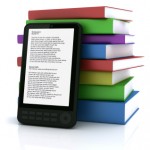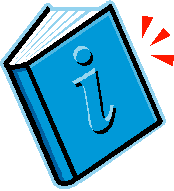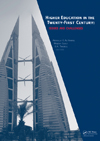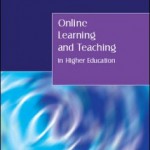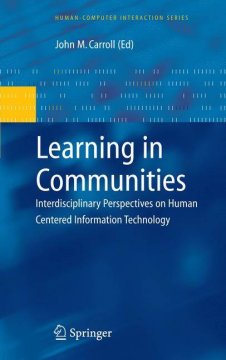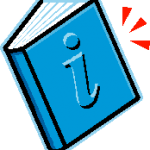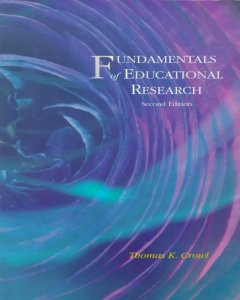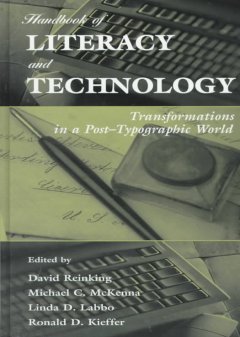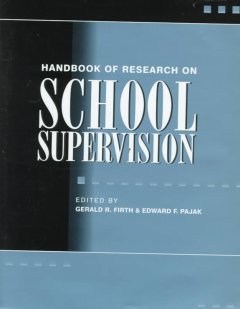Check out recent additions to our e-book collection.
- Auer, M. E., Guralnick, D., & Uhomoibhi, J. (2017). Interactive Collaborative Learning Proceedings of the 19th ICL Conference – Volume 2.
- Baker, J. R., Bilbro, J., & Berry, W. (2017). Wendell Berry and Higher Education: Cultivating Virtues of Place.
- Banner, J. M., & Cannon, H. C. (2017). The Elements of Teaching: Second Edition.
- Chemosit, C., Rugutt, J., & Rugutt, J. K. (2017). Fostering Sustained Learning Among Undergraduate Students : Emerging Research and Opportunities.
- Dell’Aquila, E. (2017). Educational Games for Soft-Skills Training in Digital Environments.
- Dilley, P. (2016). Transformation of Women’s Collegiate Education.
- Dirlam, D. K. (2017). Teachers, Learners, Modes of Practice: Theory and Methodology for Identifying Knowledge Development.
- Fleming, T., Finnegan, F., Loxley, A., & Kearns, M. (2017). Access and Participation in Irish Higher Education.
- Ghosh, R. (2017). Aesthetics, Politics, Pedagogy and Tagore: A Transcultural Philosophy of Education.
- Israel, S. E. (2017). Handbook of Research on Reading Comprehension, Second Edition.
- Kelty, R., & Bunten, B. A. (2017). Risk-Taking in Higher Education: The Importance of Negotiating Intellectual Challenge in the College Classroom.
- Kurubacak, G., IGI, G., & Altinpulluk, H. (2017). Mobile Technologies and Augmented Reality in Open Education.
- Means, A. J. (2017). Educational Commons in Theory and Practice.
- Miller, M. T., Tolliver, D. V., & IGI, G. (2017). Student Activism As a Vehicle for Change on College Campuses: Emerging Research and Opportunities.
- Silverman, M. (2017). A Pedagogy of Humanist Moral Education: The Educational Thought of Janusz Korczak.
- Zuber-Skerritt, O. (2017). Conferences As Sites of Learning and Development: Using Participatory Action Learning and Action Research Approaches.
Have a book purchase suggestion? Submit it via https://www.lib.ua.edu/forms/suggest-a-purchase-form/.
